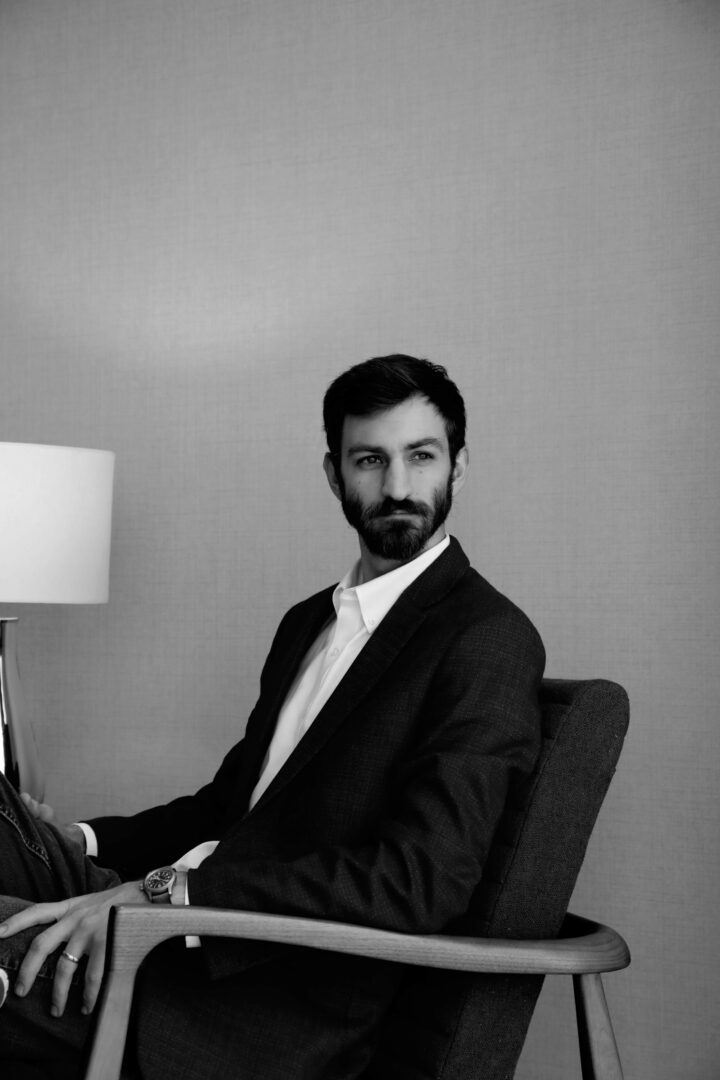We recently had the chance to connect with Benjamin Dierker and have shared our conversation below.
Benjamin, a huge thanks to you for investing the time to share your wisdom with those who are seeking it. We think it’s so important for us to share stories with our neighbors, friends and community because knowledge multiples when we share with each other. Let’s jump in: Have any recent moments made you laugh or feel proud?
This spring, my team and I wrote a new white paper providing critique and proposing reform for federal policy related to railroad safety, technology adoption, and regulatory procedures. As an independent public policy think tank, new reports can be hit or miss, with the intended audience sometimes finding them very interesting, while other times little traction comes of it.
While our work has been cited and referenced in national media, textbooks, academic publications, and more over the last 10 years, this Spring, we had a more direct and consequential role. Following the publication of our report, we were invited by the U.S. House of Representatives to testify at a Congressional hearing on a topic derived directly from our report.
To say I am proud of my team, our organization, and this work would be an understatement. We work had to offer independent, objective research and educational resources to inform and shape public policy, and this was a validating example of all that work paying off.
Can you briefly introduce yourself and share what makes you or your brand unique?
I’m Benjamin Dierker, Executive Director of the Alliance for Innovation and Infrastructure (Aii), a nonprofit think tank working to improve America’s infrastructure through research, education, and policy engagement. With a background in law, economics, and public policy, I’ve long been fascinated by the systems that make modern life possible — from the electricity that powers our homes to the pipelines, roads, and rails that connect us. Aii operates as a unique platform that brings together industry, government, and the public to identify vulnerabilities in these systems and propose actionable, cross-sectoral solutions. What makes us different is our ability to synthesize technical complexity and translate it into clear, independent, and impactful work that serves both public and private stakeholders.
Our current efforts focus on issues like decarbonizing heavy industry, safeguarding critical infrastructure, and modernizing permitting and procurement processes — areas that are often overlooked but foundational to long-term national resilience. We’re launching a student scholarship competition this year to elevate the next generation of problem-solvers, and we continue to provide independent research and commentary to inform better decision-making at every level. For me, this work is about stewardship: ensuring that the infrastructure we rely on today can meet the challenges of tomorrow.
Appreciate your sharing that. Let’s talk about your life, growing up and some of topics and learnings around that. Who taught you the most about work?
Undoubtedly, the answer is my dad. Not only did he teach me work ethic and intangibles about work by modeling them, but he taught and shaped many of my professional skills as well. He uniquely had a key role in teaching me things like why and how to work, centered on selflessness, service, and finding the willpower to simply keep going to get a task done for others. This would be enough for any well adjusted adult, but my dad’s professional skills and interests also shaped core aspects of my own career trajectory. As a media relations professional, editor, and more, my dad’s engagement with words helped lead me eventually to law school, student journalism, and roles in media relations myself. All of these helped shape my current role as executive director of a national think tank, where I apply research, writing, and editing skills daily and conduct media relations on a national scale. None of that would be possible without my dad, both from the early formative influencing and the more direct skill cultivation later in life.
What fear has held you back the most in your life?
Despite holding a master’s degree and a law degree, one of the biggest internal barriers I’ve faced is imposter syndrome — that lingering fear of not being “expert enough” or not having all the answers. In the world of policy and infrastructure, where technical complexity and regulatory depth can be intimidating, it’s easy to feel like you need to know everything before speaking up. For a long time, that fear made me second-guess my insights, even when I had done the work and built the knowledge. I would defer to others, delay publishing, or water down my perspective to avoid scrutiny — all under the illusion that someone out there had perfect command of the subject.
What I’ve come to realize — and what’s been incredibly liberating — is that confidence doesn’t come from knowing everything, but from knowing your work, being transparent in how you think, and having the humility to keep learning. Most people are stitching together experience and knowledge just like the rest of us. The turning point was leaning into that — embracing clarity over perfection, publishing thorough but accessible research, and advocating with both conviction and openness. That shift didn’t just help me overcome fear; it helped elevate my work, deepen trust, and expand the impact of Aii’s mission.
So a lot of these questions go deep, but if you are open to it, we’ve got a few more questions that we’d love to get your take on. What’s a belief or project you’re committed to, no matter how long it takes?
Every time you see spray paint markings on the sidewalk or road before a construction project, that’s part of the “Call Before You Dig” or 811 system — our nation’s first line of defense to prevent dangerous utility strikes when someone digs. One project I’m committed to — no matter how long it takes — is fundamentally improving that system and the broader approach to damage prevention. Every day, excavation accidents threaten public safety, interrupt critical services, and cost millions in avoidable damage. Despite decades of incremental improvement, the system remains fragmented, inconsistent, and in some cases dangerously outdated. My work at Aii is rooted in the belief that we need more than awareness campaigns — we need systemic reform that unifies accountability, leverages modern technology, and prioritizes safety and transparency from planning to dig.
This isn’t just about protecting underground utilities; it’s about rethinking how we build and maintain infrastructure to be safer, smarter, and more resilient. I’ve spent years analyzing failures in the current system, proposing solutions, and advancing the concept of positive response as a legal and operational necessity. What keeps me going is the long view — knowing that real change in infrastructure often takes time, but that every step toward clarity, coordination, and reform is a step toward a safer, stronger nation.
Thank you so much for all of your openness so far. Maybe we can close with a future oriented question. If immortality were real, what would you build?
A really big library.
Contact Info:
- Website: https://Aii.org
- Instagram: https://www.instagram.com/aiinonprofit
- Linkedin: https://www.linkedin.com/company/alliance-for-innovation-and-infrastruture
- Twitter: https://x.com/AiiNonProfit
- Facebook: https://www.facebook.com/AiiNonProfit
- Youtube: https://www.youtube.com/aiinonprofit
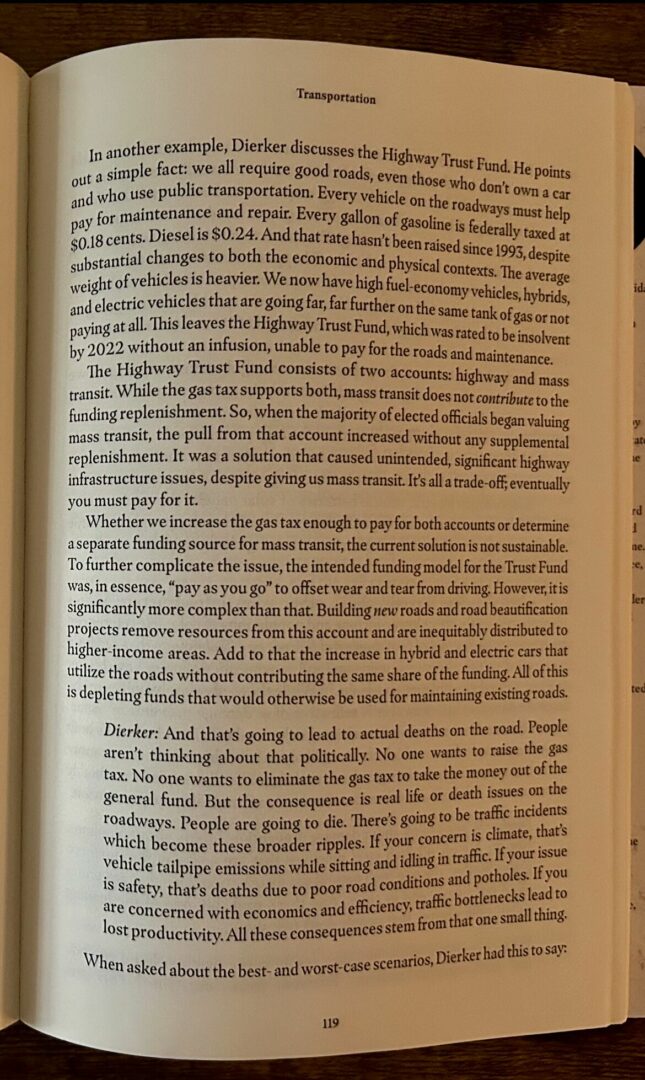
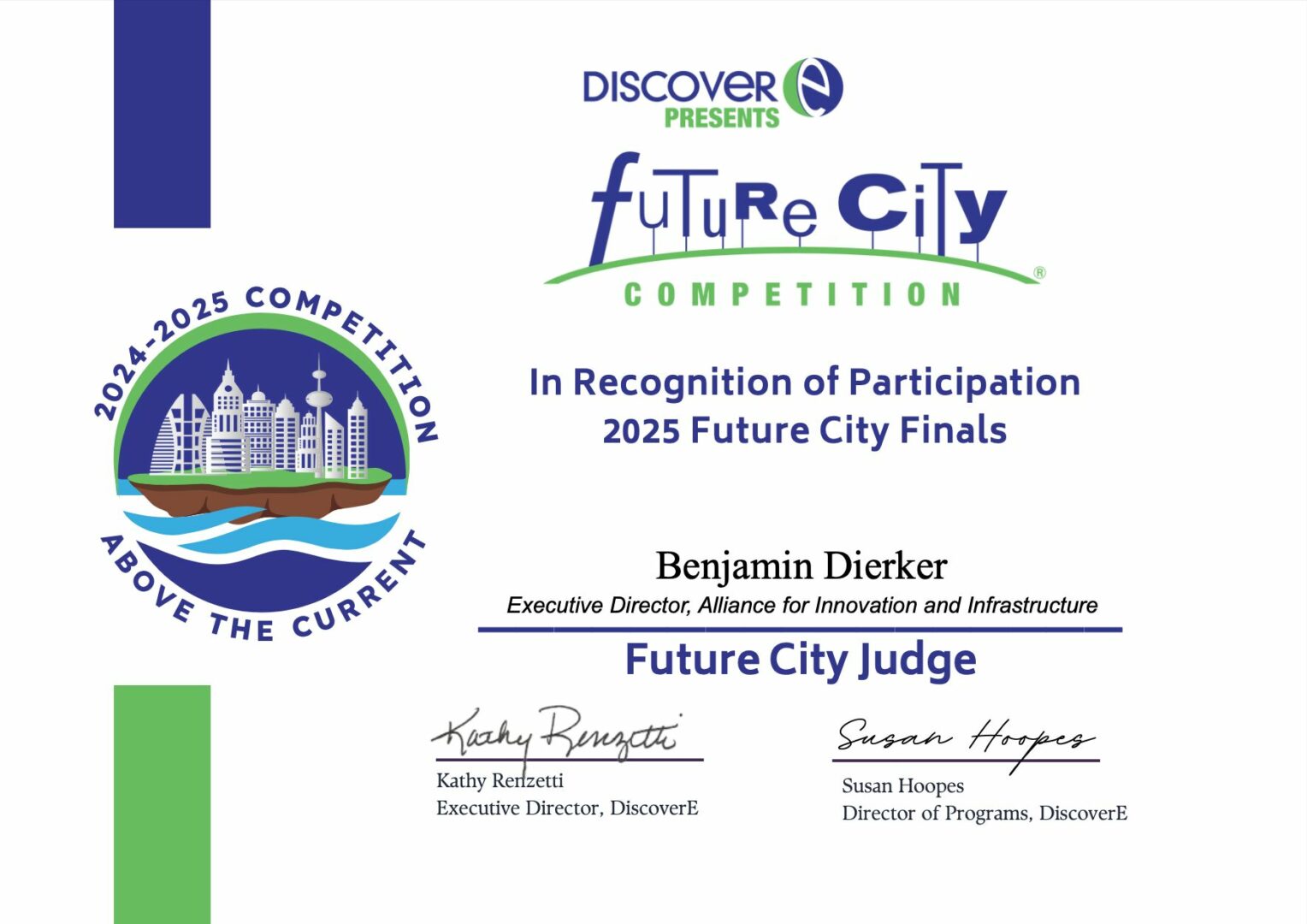
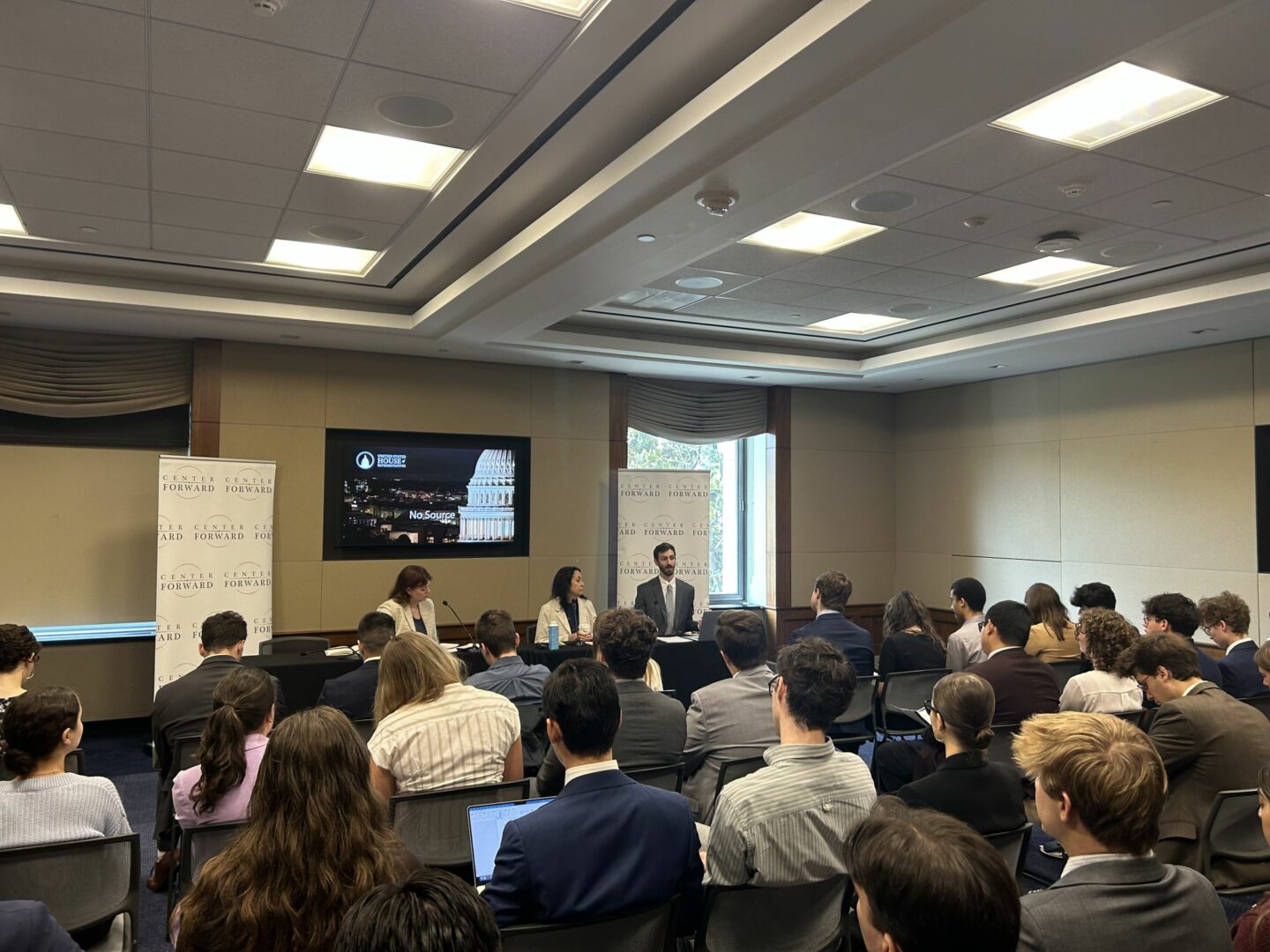
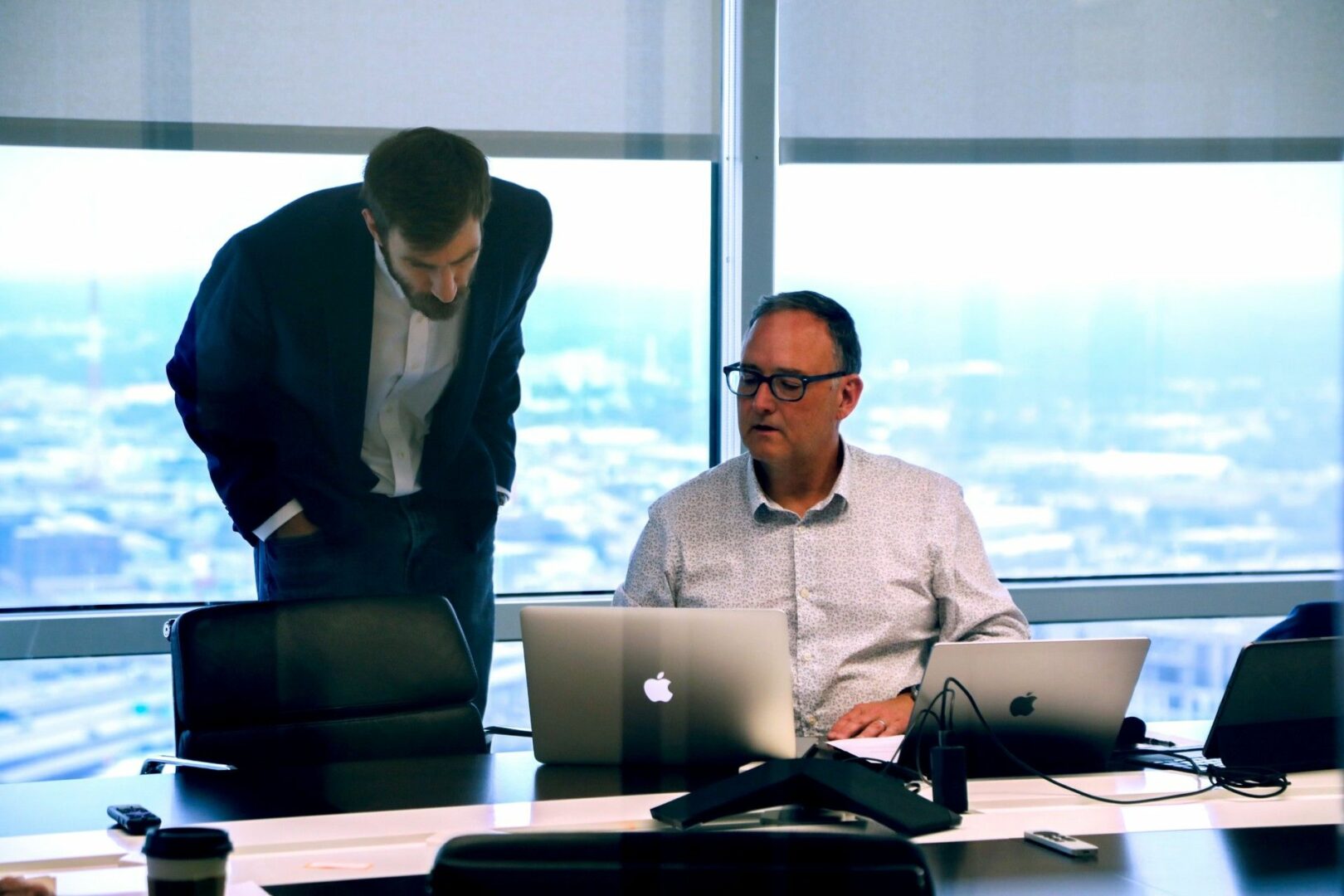
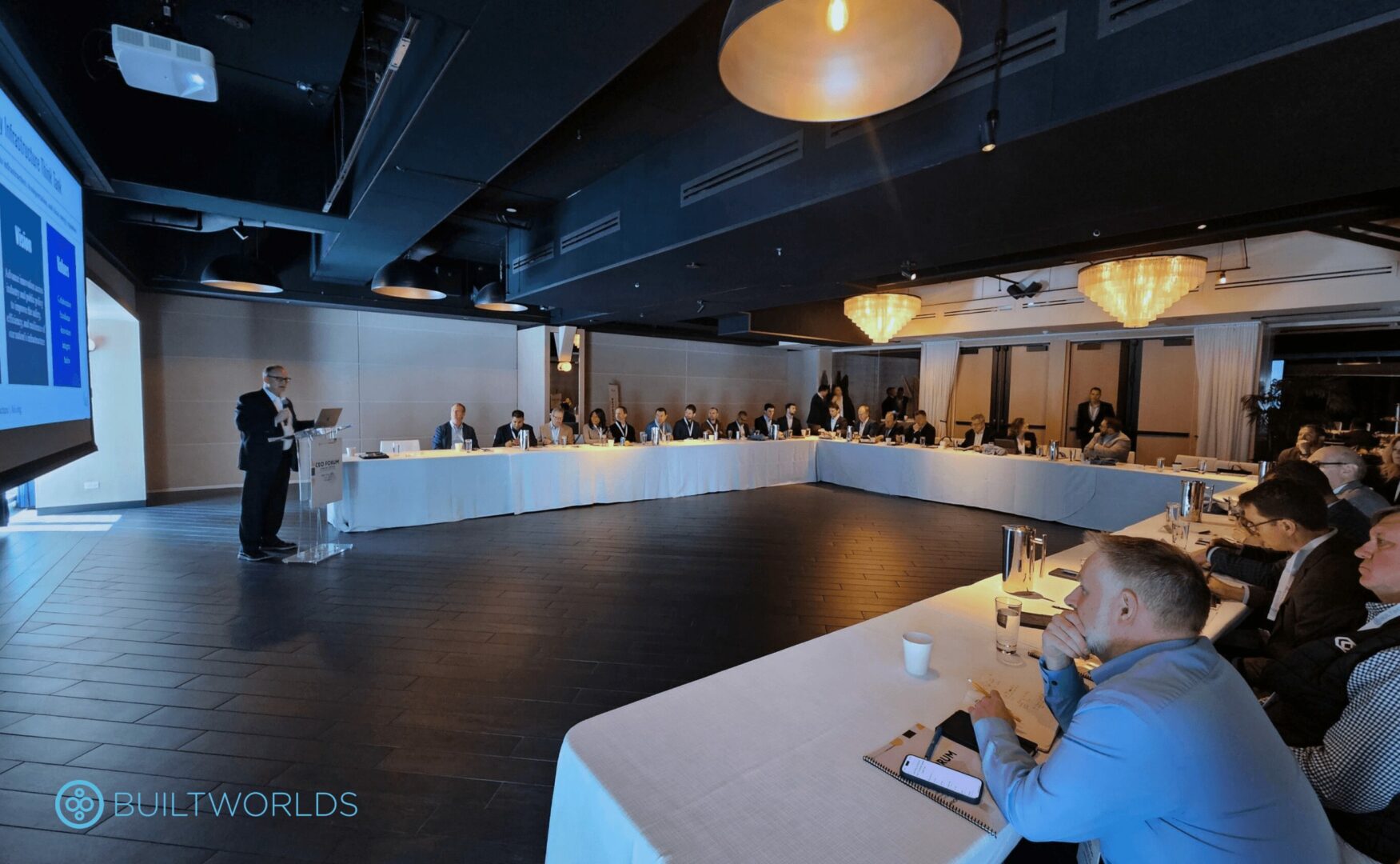
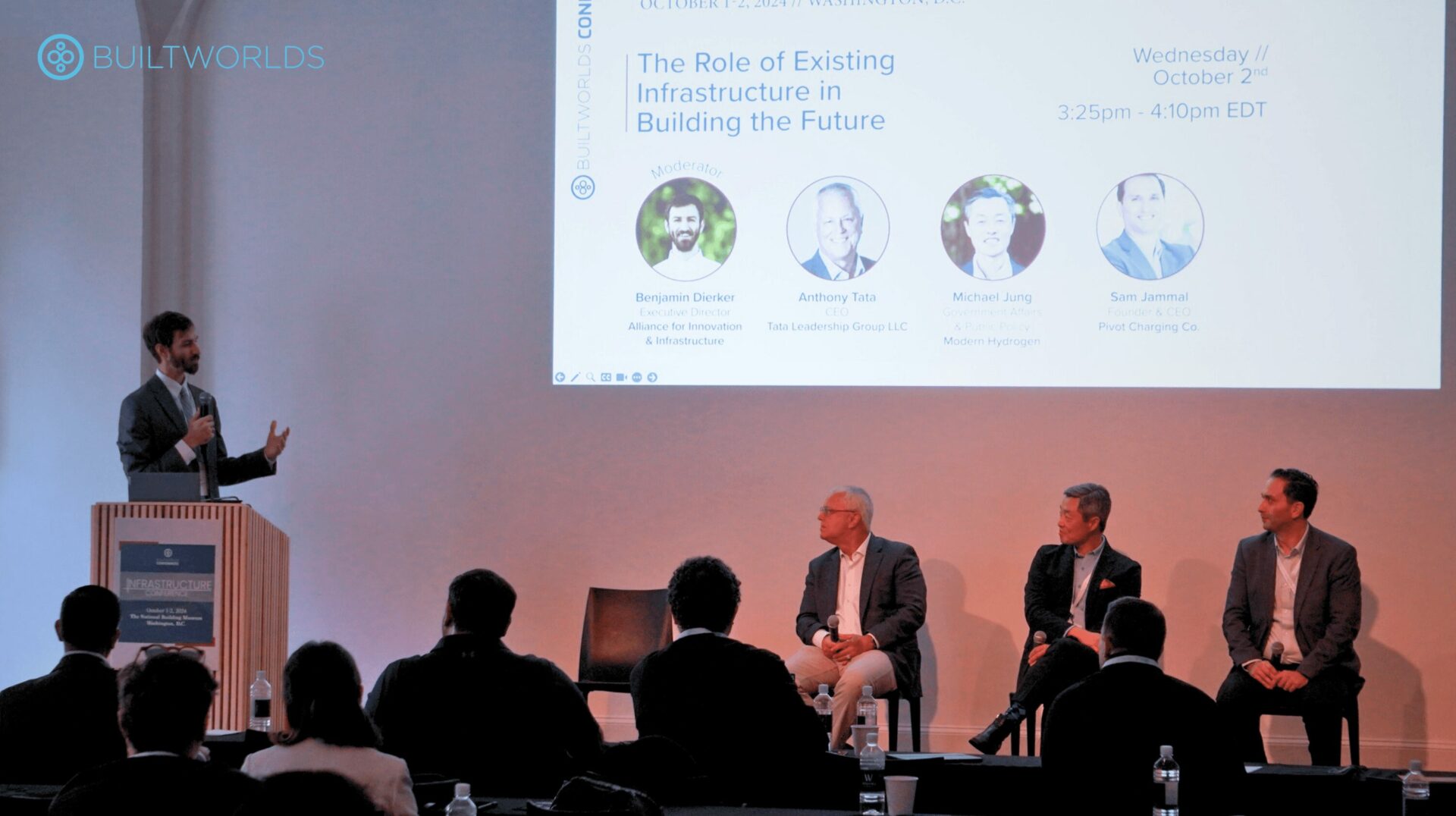
Image Credits
Alliance for Innovation and Infrastructure. BuiltWorlds.
so if you or someone you know deserves recognition please let us know here.

